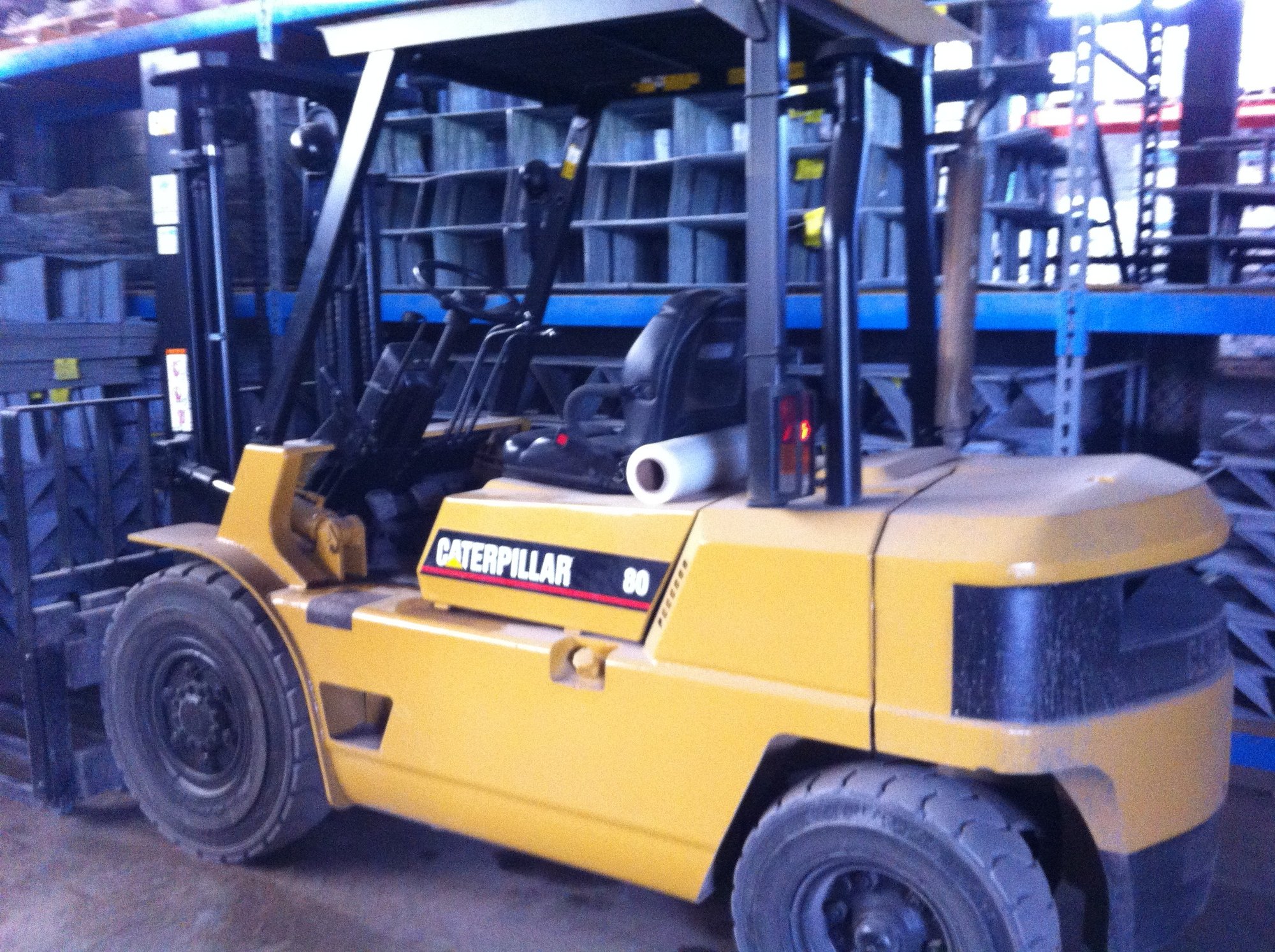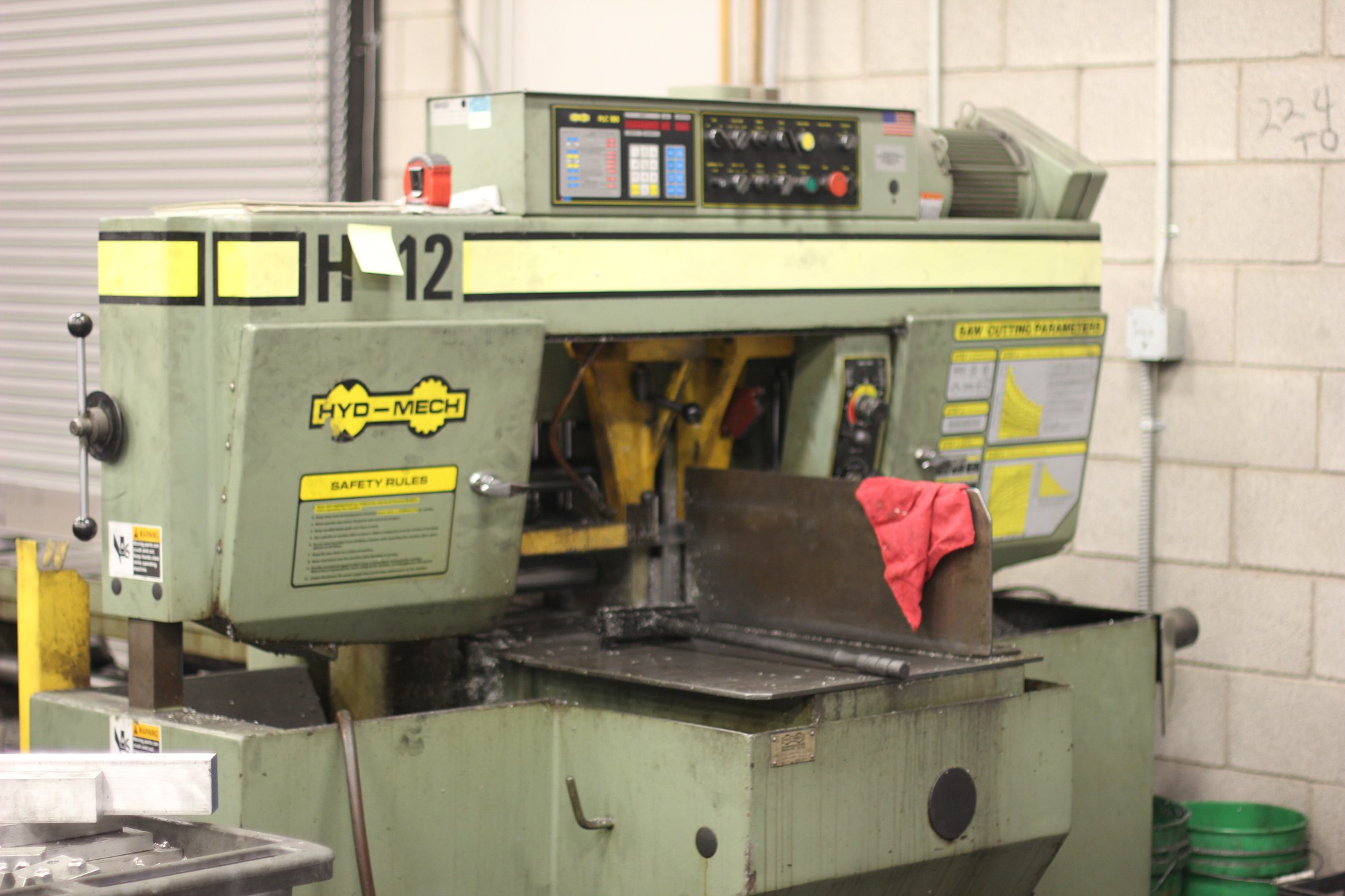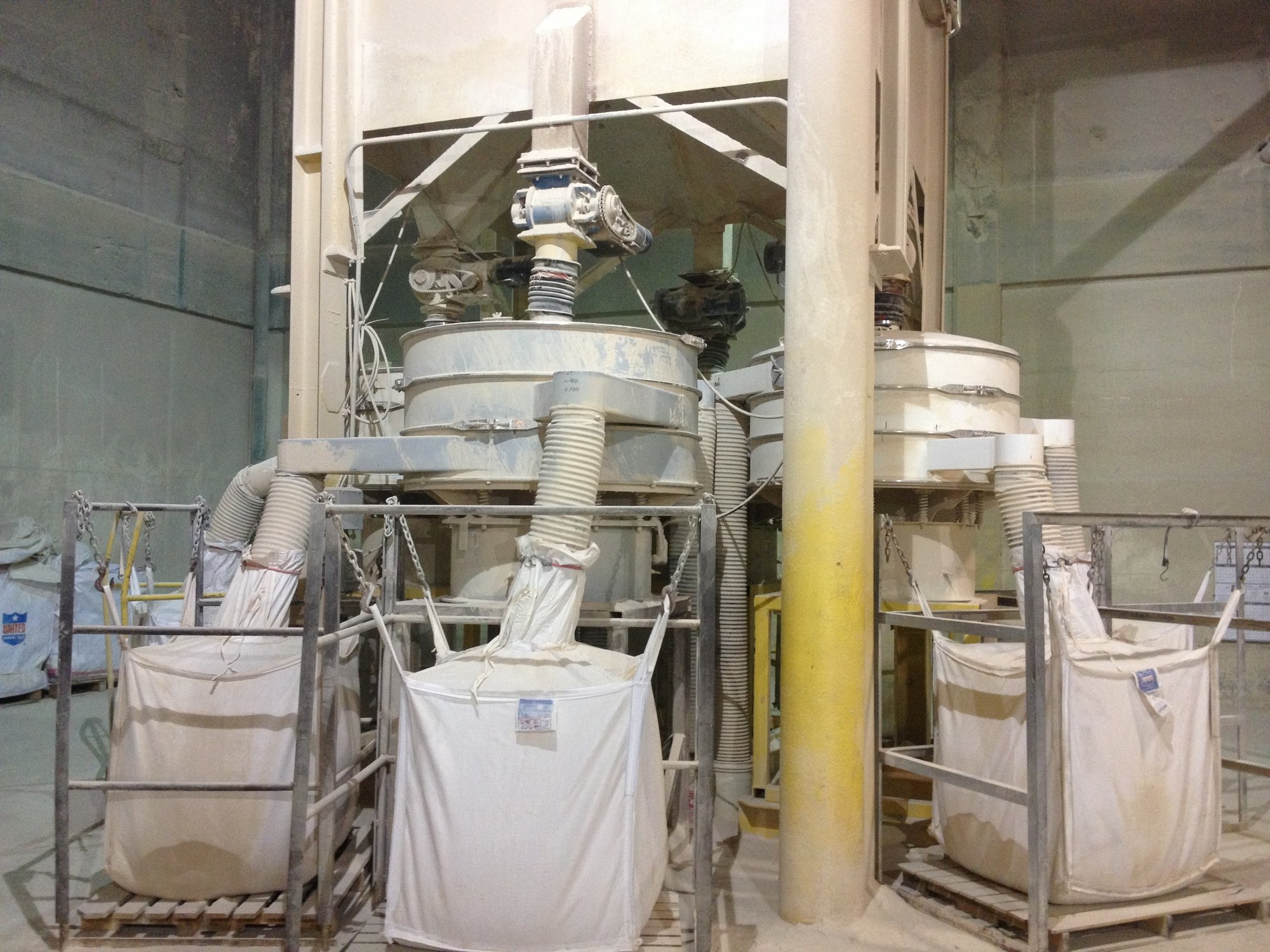Manufacturing Equipment Appraisal Case Studies
We are specialists working with manufacturing companies nationwide.



Case Study 1: Purchase Price Allocation after Acquisition
After acquiring a rival steel processor, the new owners needed to allocate the purchase price among tangible assets for financial reporting purposes. To ensure compliance with accounting standards, they commissioned a machinery and equipment appraisal. The appraisal provided accurate valuations for the acquired assets, including production equipment and tooling. This allowed the company to properly reflect the asset values in their financial statements, avoiding potential issues with auditors or tax authorities. The detailed report also helped them optimize depreciation schedules for tax planning.
Case Study 2: Equipment Appraisal for M&A Negotiation
A precision manufacturing company was preparing for a merger with a larger industry player. To ensure the tangible assets were accurately valued, the company proceeded with a machinery and equipment appraisal. The appraisal provided a detailed report on the value of key assets, including CNC machines and production lines, which became a critical part of the overall business valuation. This transparency facilitated smoother negotiations and helped both parties agree on a fair transaction price. The appraisal ensured the deal reflected the true value of the company’s physical assets, building trust in the merger process.
Case Study 3: Lender Needing Business Loan Asset Collateral Details
A heavy equipment manufacturer sought financing to expand its operations, prompting the lender to evaluate the collateral for the loan. To assess risk, the lender required a machinery and equipment appraisal that included both the fair market value and the orderly liquidation value of the assets. The appraisal provided a comprehensive report, detailing the potential resale value of machinery in various scenarios. With this information, the lender gained confidence in the company’s ability to secure the loan, while also understanding their downside risk. The appraisal ultimately facilitated loan approval, enabling the manufacturer to proceed with its growth plans.
Case Study 4: Machinery and Equipment Appraisal for Tangible Asset Donation
A publicly traded electrical equipment manufacturer decided to upgrade the laboratory equipment in its manufacturing plant. Although the equipment was still in excellent condition and calibrated annually, the company chose to donate it to a local university's engineering department instead of selling it. To establish the value for a tangible asset donation tax deduction, they commissioned a machinery and equipment appraisal. The appraisal provided a valuation report completed by an accredited profession which is required by IRS regulations, documenting the equipment’s fair market value for tax purposes. In addition, the accredited appraiser signed off on the required IRS 8283 form enabling the company to claim a substantial deduction while supporting education and strengthening ties with the local community.
Manufacturing Business Valuation Case Studies
Case Study 5: Competitor Reaches Out to Acquire a Manufacturer
When a competitor approached a small machinery manufacturer with an acquisition offer, the company’s owner was unsure of their business's true value. To make an informed decision, the owner proceeded with a business valuation to determine a fair market value. The valuation report provided a clear understanding of the company’s worth, giving the owner confidence during negotiations. Armed with this information, the owner successfully negotiated a higher purchase price, ensuring they didn’t leave money on the table. This helped them achieve a lucrative exit that aligned with their financial goals.
Case Study 6: Partner Dispute in a Manufacturing Company
Two partners in a specialty plastics manufacturing business were at odds over the company’s future, creating tension that began to impact operations. To resolve the dispute, they decided to engage a third-party expert to conduct the business valuation and determine the company’s fair market value. The valuation provided an objective figure, enabling one partner to buy out the other at a price both agreed was fair. This resolution restored harmony to the business and allowed the remaining partner to refocus on long-term growth and provided a fair outcome for the departing parter to pursue other interests. The process avoided prolonged conflict and ensured the company’s stability.
Case Study 7: Fair Pricing for Succession in a Manufacturing Business
A father and son running a precision tool manufacturing business wanted to transition ownership as part of a succession plan. To ensure the process was equitable, they engaged to establish the company’s fair market value. The business valuation provided a clear, unbiased basis for the transfer, avoiding potential family conflicts. With an agreed-upon price, the son was able to assume ownership while the father received fair compensation for his years of hard work. This smooth transition preserved family harmony and the company’s legacy.
Case Study 8: Lender Requires Business Valuation for Merger and Acquisition Financing
A mid-sized packaging manufacturer sought to acquire a smaller competitor to expand its market share. The lender financing the deal required a business valuation to ensure the acquisition target's worth justified the loan amount. The valuation provided a thorough analysis, confirming the target’s fair market value and supporting the financial projections presented by the buyer. With this evidence, the lender approved the financing, allowing the merger to proceed. The deal ultimately positioned the manufacturer for significant growth in its industry.
Case Study 9: Mitigating Taxes for Family Ownership Transfer
A husband-and-wife team owning a custom furniture manufacturing business wanted to gradually transfer ownership to their children through gifting. To minimize tax implications, they moved forward with a business valuation to determine the company’s current fair market value. Through guidance with their business and personal accountant, the valuation provided an accurate figure that allowed them to structure the gifting process within IRS guidelines for tax-efficient transfers. This approach preserved the family’s wealth while ensuring the children could eventually assume full ownership. The strategic planning also safeguarded the business’s future as a family legacy.
Case Study 10: Annual Business Valuation for Strategic Growth
The owner of a metal fabrication company wanted to prepare for a potential exit in 5-10 years, even though there was no immediate plan to sell. He decided to establish a baseline business valuation and committed to conducting annual valuations as a "check-up" on the company’s financial health. The initial valuation highlighted strengths and areas for improvement, providing actionable insights for enhancing profitability and operational efficiency. Over time, the regular valuations helped the owner track progress and refine strategies to maximize the company’s value. This proactive approach is helping position the business for an optimal sale when the time comes.
Contact Us
To discuss your manufacturing valuation needs, review our service offerings and then fill out the information request form for an initial no-cost consultation to see if there is a fit.
Specialists working with manufacturers across the entire U.S.
MFG Valuation Specialists
info@MFGvaluations.com
(970) 888-1327
